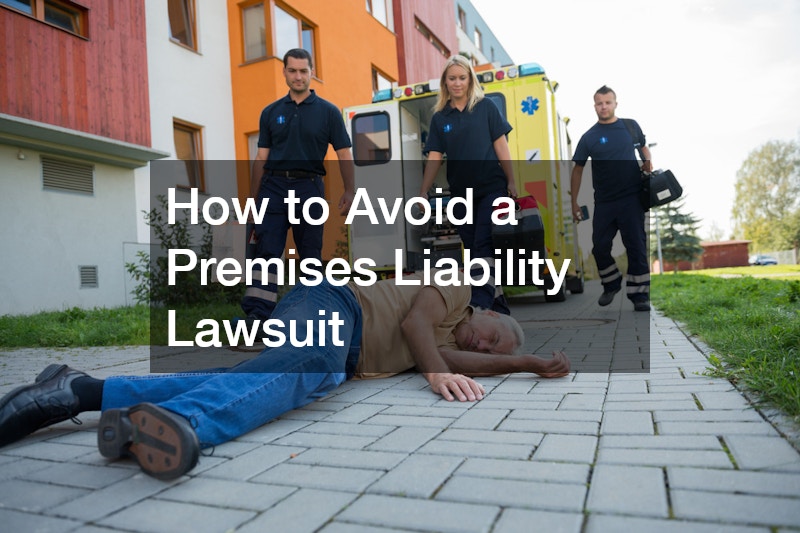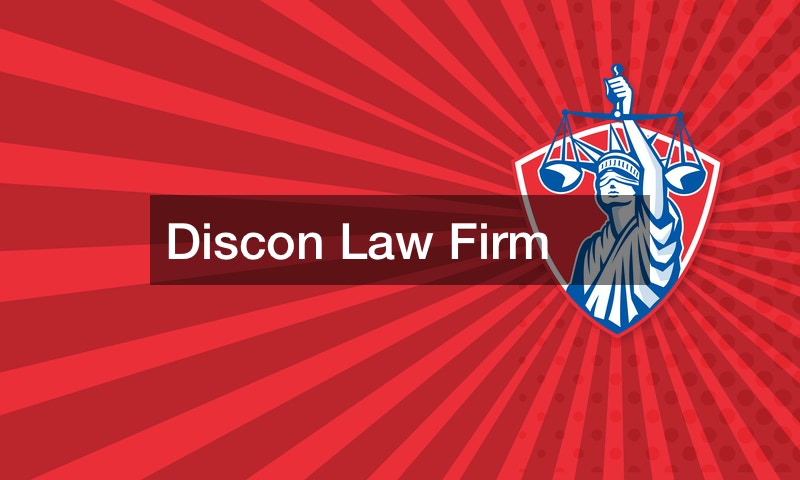
Premises liability lawsuits can be a daunting prospect for property owners. These lawsuits arise when someone is injured on your property due to negligence. To protect yourself from potential legal repercussions, it’s vital to maintain a safe environment for visitors, guests, and tenants. One effective way to avoid these lawsuits is to conduct regular maintenance and inspections, focusing on critical areas like pools, plumbing, and structural integrity. By being proactive, you can address potential hazards before they lead to accidents, thus safeguarding your property and your finances.
Focus on Pool Maintenance
One key area to focus on is pool maintenance. Pools are often a focal point of leisure and enjoyment, but they can also pose significant risks if not properly maintained. Regular cleaning, water quality testing, and inspections of safety features, such as fencing and pool covers, are essential. If you own a pool, consider hiring local concrete contractors to repair any cracks or hazards surrounding the pool area. This preventive maintenance not only enhances safety but also minimizes the risk of slip-and-fall accidents that could lead to liability claims. A well-maintained pool area is less likely to be the source of legal issues.
Conduct Storm Water Inspections
Another critical aspect of property maintenance involves storm water inspection. Proper management of stormwater can prevent flooding and water accumulation that might otherwise lead to slip-and-fall accidents or property damage. Local movers and other visitors can easily be affected by standing water on your premises. Regular inspections help identify drainage issues and allow for prompt repairs. You can hire professionals, such as local concrete contractors, to ensure your property has adequate drainage solutions. Being proactive in stormwater management not only protects your guests but also maintains your property’s integrity and value.
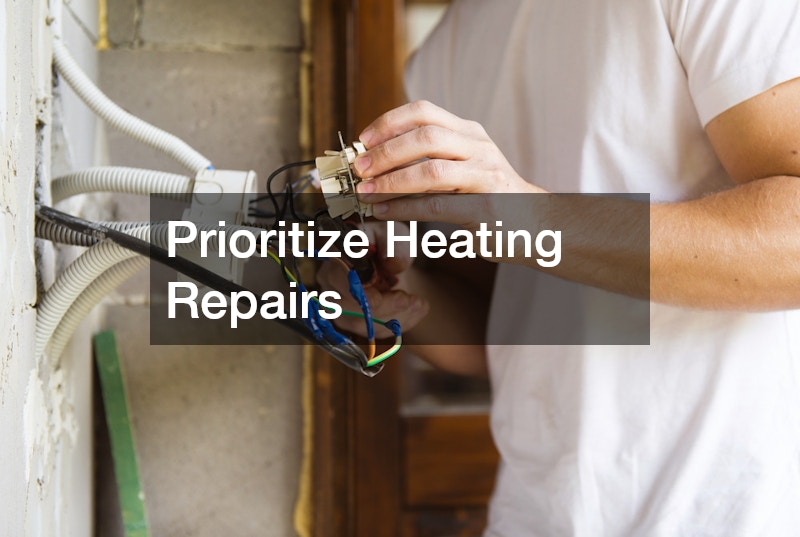
Prioritize Heating Repairs
Heating repairs are equally vital in maintaining a safe and comfortable environment. A malfunctioning heating system can create unsafe conditions, especially during winter months when exposure to cold can lead to serious health issues. Ensure your heating systems are regularly inspected and maintained by qualified plumbers. They can identify issues before they escalate into major problems. By addressing heating repairs promptly, you not only keep your property safe but also demonstrate a commitment to your guests’ well-being. This proactive approach can go a long way in preventing lawsuits.
Install Hurricane Shutters
When severe weather threatens, having hurricane shutters installed can be a game-changer. These shutters protect windows and doors from high winds and debris, reducing the risk of injury during storms. Moreover, maintaining your shutters ensures they will function effectively when needed. Local concrete contractors can also help with installing protective structures that mitigate damage during hurricanes. This proactive measure shows a responsibility to maintain a safe environment, which can be crucial if any legal issues arise in the future.
Regular Septic Pumping Services
Another essential service to consider is septic pumping services. A failing septic system can pose serious health risks, creating an unsafe environment for anyone on your property. Regular septic pumping is necessary to prevent backups and other malfunctions that could lead to hazardous conditions. Hiring experienced plumbers to inspect your septic system can help identify any potential issues early on. Keeping your septic system in good working order is not just about compliance; it’s also about ensuring the safety and comfort of everyone who visits your property.
Utilize Roll-Off Rental Companies
The use of roll off rental companies can also aid in maintaining your premises. If you’re undertaking significant renovations or cleanup projects, having a roll-off dumpster on-site can help keep your property clear of debris. A cluttered or hazardous environment is a potential liability, especially if it leads to injuries. By promptly disposing of construction waste, you reduce the risk of accidents and injuries that could result in lawsuits. Whether you’re renovating or simply cleaning up, using these services helps keep your property safe and accessible.
Develop an Emergency Response Plan
In addition to these practical measures, it’s essential to have an emergency response plan in place. This plan should outline procedures for dealing with accidents, including first aid steps and contact information for local emergency services. By being prepared, you not only protect your guests but also demonstrate your commitment to their safety. If an incident occurs, having a plan can show that you acted responsibly and reasonably, which can be advantageous in defending against any liability claims.
Inspect Local Wells
Ensuring the safety of your property goes beyond just maintaining physical structures. It also involves being aware of potential hazards that could arise from the natural environment. For example, if you have a well on your property, consider hiring local well drilling services to inspect the well and its surroundings. Proper maintenance of water sources is crucial to prevent contamination and other issues that could pose risks to your visitors. By investing in regular inspections and maintenance, you protect the health of your guests and mitigate potential legal liabilities.
Maintain Your Landscape
Creating a welcoming atmosphere involves more than just aesthetics; it requires ensuring that all aspects of your property are safe. Landscaping, for instance, can present hazards if not managed properly. Overgrown vegetation can obscure pathways or create trip hazards. Collaborating with local movers can help ensure that outdoor areas are maintained, providing clear and safe access to your property. Regular upkeep of your landscape not only enhances the overall appeal of your property but also positively impacts how visitors perceive their experience.
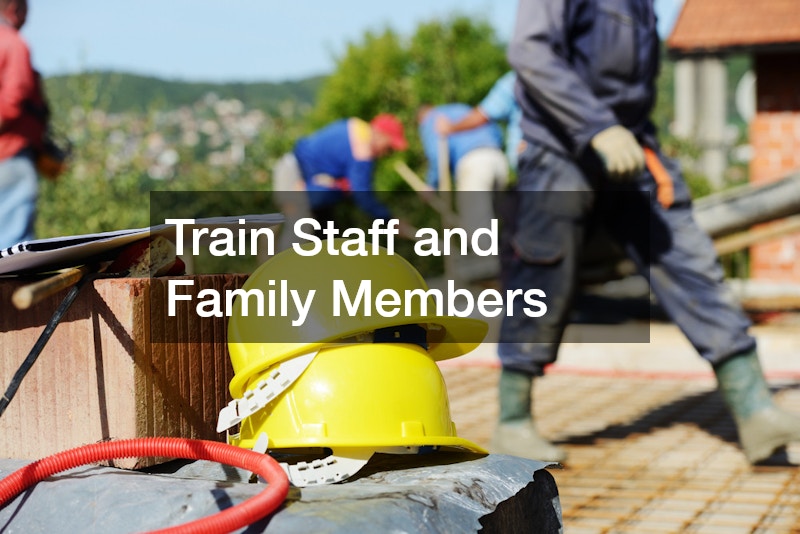
Train Staff and Family Members
Training staff and family members on safety protocols is another crucial aspect of avoiding premises liability. Everyone on your property should know how to respond to emergencies, whether it’s a minor injury or a significant incident. Regular safety meetings can help keep everyone informed and prepared. Ensure that your staff knows how to conduct safety inspections and recognize potential hazards. By fostering a culture of safety, you create an environment where everyone feels responsible for maintaining a safe space.
Enhance Communication with Guests
Communication with guests is essential as well. Clear signage can inform visitors of potential hazards, such as wet floors or uneven surfaces. This transparency not only protects your guests but also provides evidence that you took reasonable steps to prevent accidents. Consider placing signs in high-traffic areas, such as near pools or staircases, to remind visitors to exercise caution. This proactive measure can significantly reduce the likelihood of accidents and the subsequent liability claims that could arise from them.
Regular Safety Audits
Conducting regular safety audits of your property is a proactive step that can identify potential hazards before they lead to incidents. This process involves evaluating various areas, including walkways, staircases, and common areas, to ensure they meet safety standards. Engaging local movers or safety professionals to assist in this audit can provide a fresh perspective on potential risks. Documenting the findings and addressing any identified issues promptly demonstrates your commitment to safety, which can be a strong defense against liability claims. Regular audits also keep you informed about the condition of your property and help maintain a safe environment for guests.
Addressing Accessibility Issues
Accessibility is a crucial aspect of property management, especially for ensuring the safety of all visitors, including those with disabilities. Make necessary adjustments to pathways, entrances, and facilities to accommodate everyone. This may involve working with local concrete contractors to install ramps or modify existing structures. Additionally, clear signage indicating accessible routes can help guests navigate your property safely. By prioritizing accessibility, you not only comply with legal requirements but also create a welcoming environment that minimizes the risk of accidents and associated liability.
Implementing Regular Training Programs
Regular training programs for staff members on safety procedures and emergency responses are vital. These programs should cover various scenarios, including fire emergencies, medical incidents, and potential slip-and-fall situations. Engaging local plumbers or maintenance professionals for specific training sessions can enhance staff knowledge about managing equipment and safety features. Empowering your staff with the right knowledge and skills enables them to respond effectively in emergencies, ultimately reducing the likelihood of incidents that could lead to lawsuits.
Investing in Proper Lighting
Adequate lighting is essential for safety on your property, especially in outdoor areas and stairways. Poorly lit areas can lead to accidents, making it crucial to evaluate your lighting systems regularly. Consider installing motion-sensor lights in walkways and parking areas to enhance visibility. Additionally, regular maintenance of existing lighting fixtures ensures they function correctly. By investing in proper lighting, you create a safer environment for guests and reduce the risk of liability claims arising from accidents in poorly lit areas.
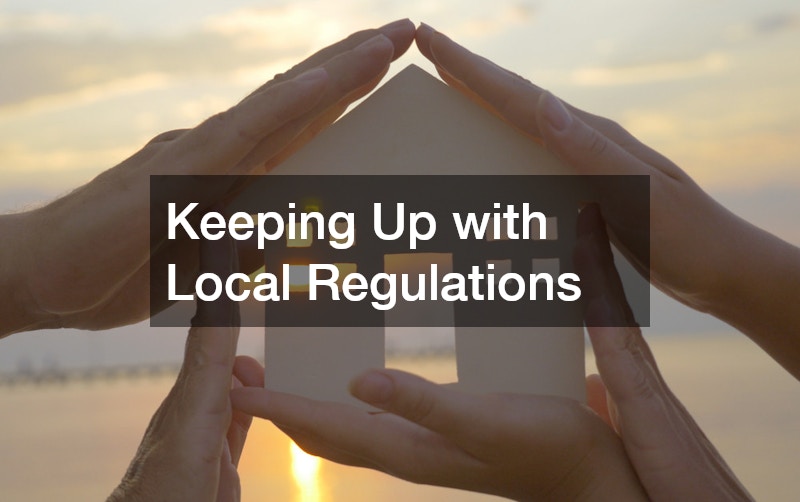
Keeping Up with Local Regulations
Staying informed about local regulations regarding property safety is essential. These regulations can change, and non-compliance can lead to legal issues, including premises liability lawsuits. Regularly consult with legal advisors or local authorities to ensure your property meets current safety codes. This includes aspects like building codes, fire safety regulations, and health standards. By adhering to these regulations, you not only avoid potential fines but also demonstrate your commitment to maintaining a safe environment for everyone on your property.
Utilizing Technology for Safety Monitoring
Incorporating technology into your safety management practices can enhance your ability to monitor and maintain safety standards. Installing surveillance cameras and alarm systems can deter criminal activities and provide a record in case of incidents. Smart monitoring systems can alert you to potential hazards, such as water leaks or temperature fluctuations in heating systems. By leveraging technology, you can proactively address issues before they escalate, thereby reducing the likelihood of accidents that could result in liability claims.
Enhancing Visitor Awareness
Another strategy to mitigate risks is to enhance visitor awareness of potential hazards. In addition to clear signage, consider providing guests with safety guidelines upon arrival. This could include information about pool rules, emergency exits, and specific risks associated with your property. Distributing pamphlets or displaying safety information in common areas encourages guests to be vigilant. By fostering an informed community, you empower visitors to help maintain a safe environment, further reducing the risk of accidents.
Creating a Maintenance Schedule
Establishing a comprehensive maintenance schedule is crucial for keeping your property safe and in good condition. This schedule should include regular checks and services for key areas such as plumbing, heating systems, and outdoor spaces. For example, seasonal inspections by local plumbers can identify potential plumbing issues before they cause significant problems. Similarly, routine evaluations of outdoor areas can address landscaping hazards. A well-structured maintenance plan ensures that all aspects of your property are regularly reviewed and maintained, minimizing the risk of accidents and the associated liability.
Don’t forget about safety equipment. Regular checks of fire alarms, extinguishers, and emergency lighting are essential to ensure they function correctly when needed. Scheduling monthly tests and annual inspections by qualified professionals can help you remain compliant with local safety regulations. This proactive measure not only enhances safety but also demonstrates your commitment to providing a secure environment for everyone on your property.
Conclusion: The Importance of Proactive Measures
In summary, avoiding a premises liability lawsuit requires diligence, awareness, and proactive measures. By investing time and resources in maintenance, inspections, and safety training, you can create a safer environment for everyone who visits your property. From pool maintenance to septic pumping services, every aspect of property management plays a role in preventing accidents. Remember, a well-maintained property not only protects your guests but also shields you from potential legal issues down the line. Prioritizing safety is not just about avoiding lawsuits; it’s about fostering a welcoming environment for everyone who steps onto your premises.
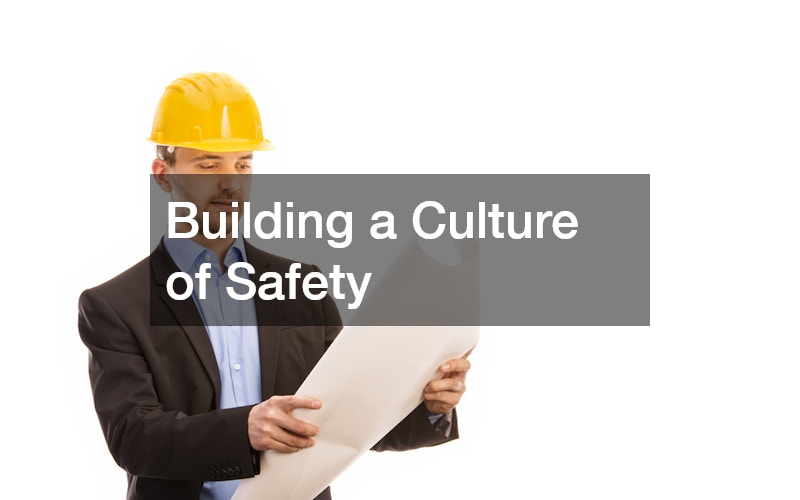
Building a Culture of Safety
Ultimately, the combination of proper maintenance, proactive inspections, and open communication creates a solid foundation for avoiding premises liability lawsuits. By implementing these strategies and staying informed about local regulations and safety standards, you significantly reduce the risk of accidents on your property. In a world where the unexpected can happen, being prepared and attentive to your property’s needs is the best way to safeguard yourself and your guests from potential legal troubles.
By integrating these elements into a comprehensive maintenance schedule, you significantly enhance your property’s safety and reduce the risk of accidents. A well-structured approach not only protects your guests but also fortifies your defenses against potential premises liability lawsuits, creating a safer, more welcoming environment for everyone who visits your property.

